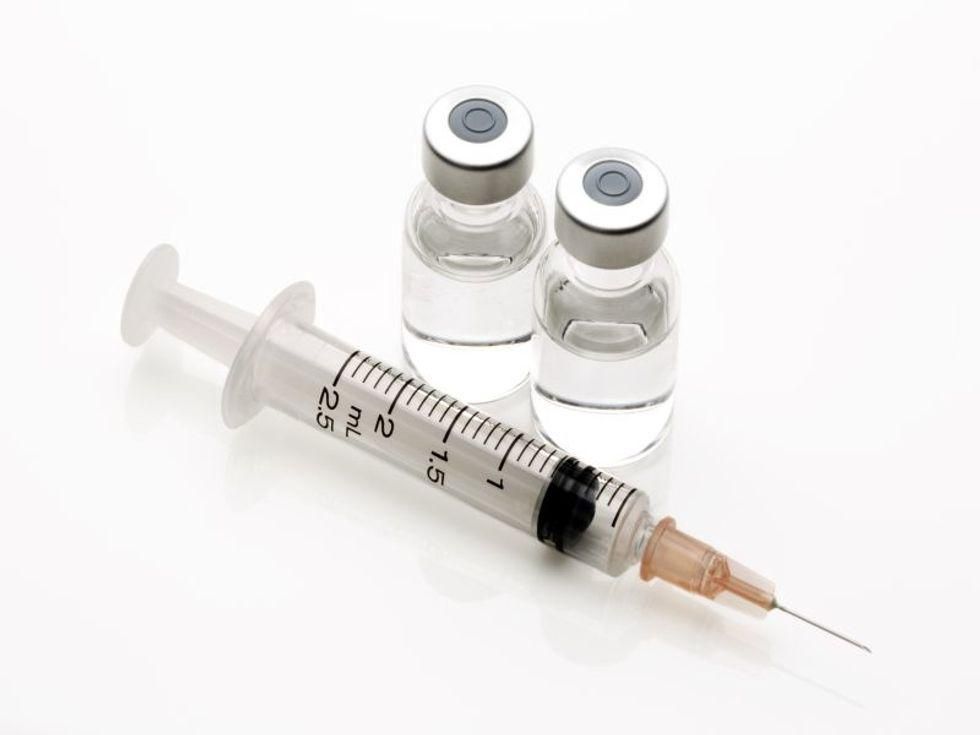
Thinking of starting a family? Start getting your heart in shape. New research suggests that how healthy a woman’s heart is before conception affects outcomes in her pregnancy. Study author Dr. Sadiya Khan said the findings make a case for more comprehensive heart assessments prior to pregnancy rather than focusing on isolated individual risk factors,… read on > read on >






























